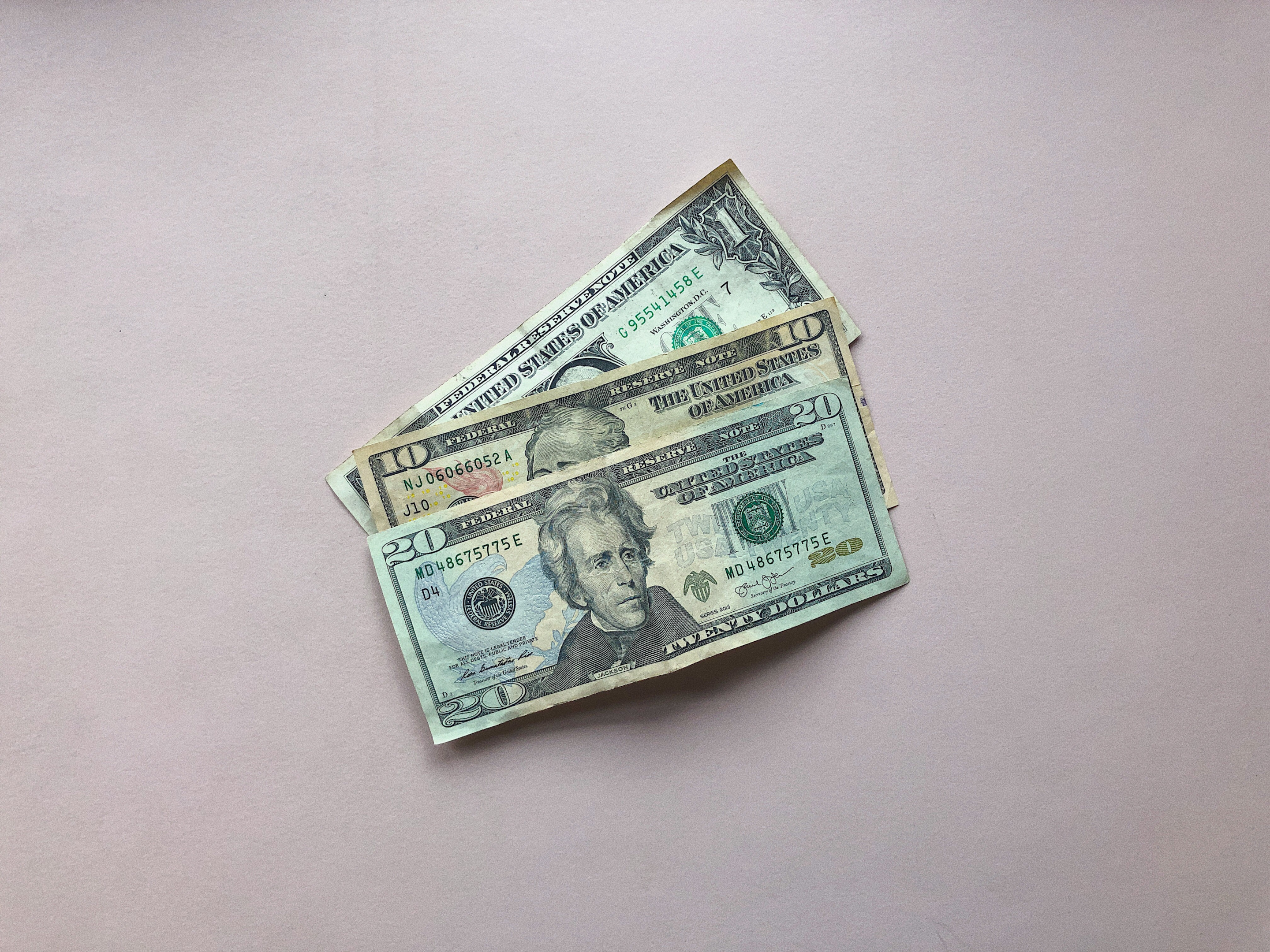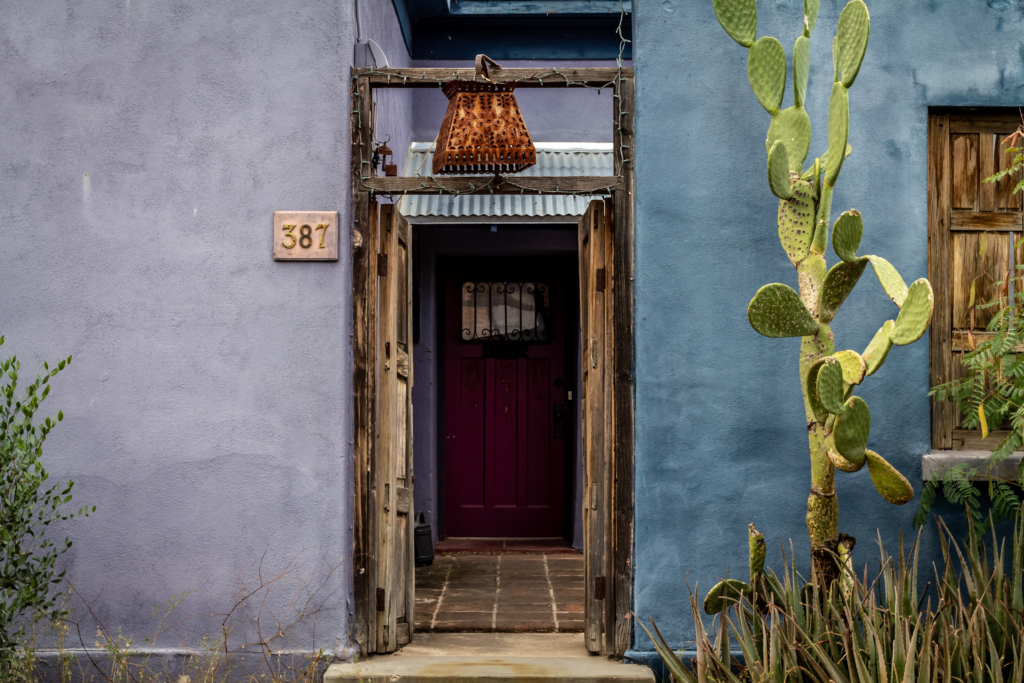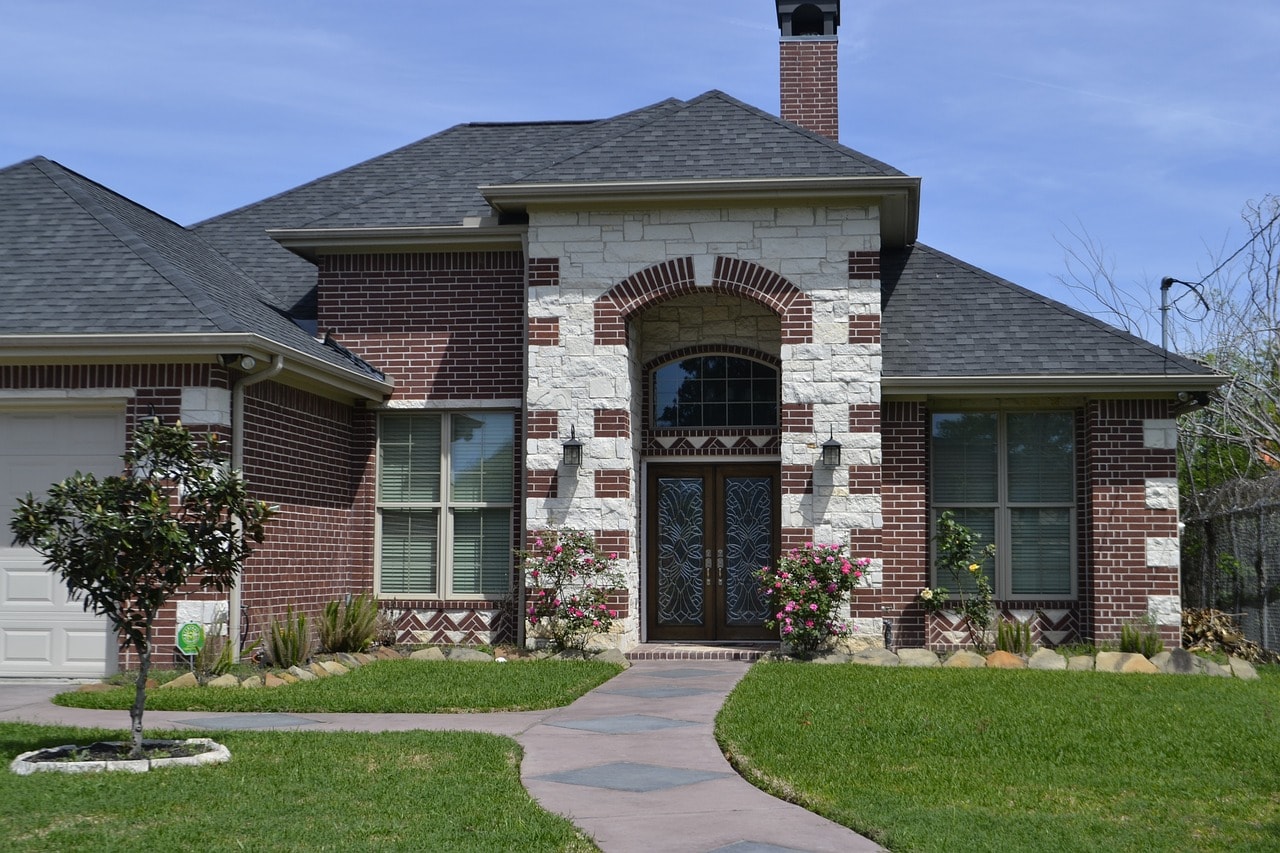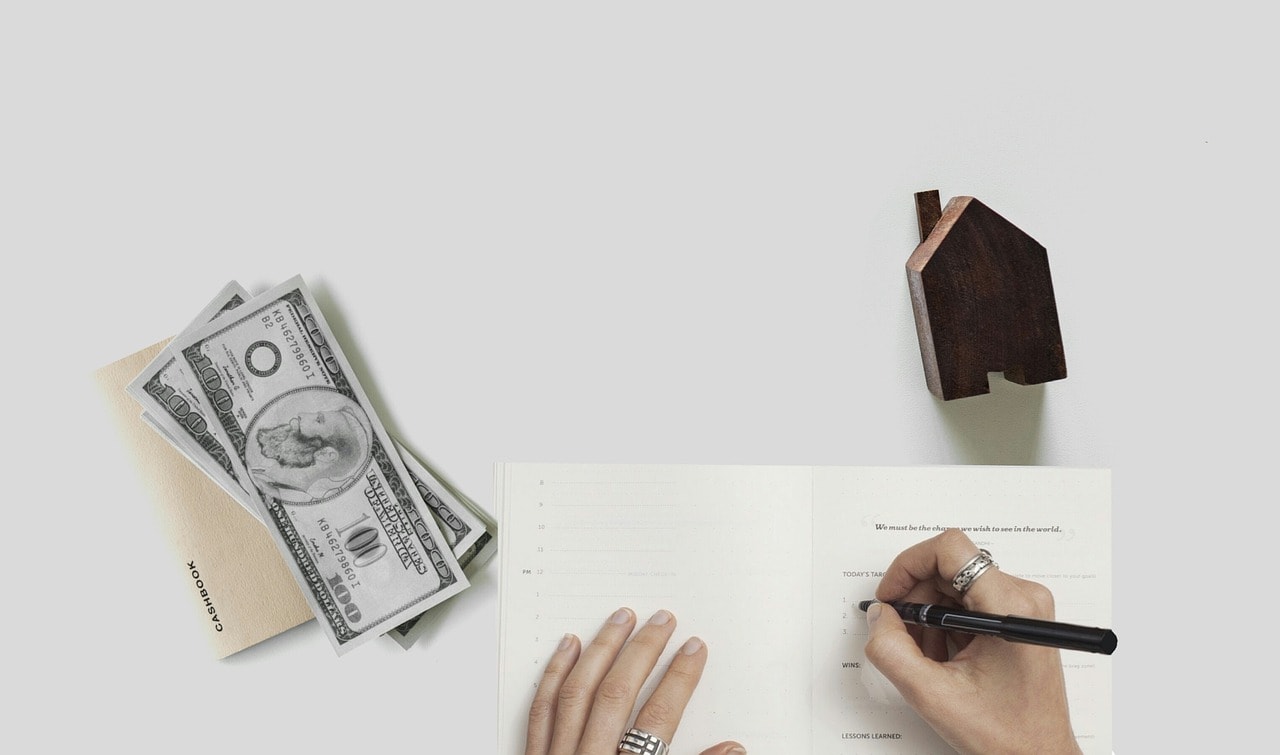When financing a home, you must consider closing costs, down payments, cash reserves, and how to pay your mortgage. However, you may need to look into a crucial component of your expected home payment: mortgage insurance.
If your down payment amount is less than 20% of the total mortgage, the lender will require you to pay private mortgage insurance (PMI), a percentage of the total loan cost. This protects the lender in case of default; in other words, if you don’t pay back your loan, they will not have lost the total cost of the mortgage.
So, how much is mortgage insurance in Arizona?
PMI rates in the Grand Canyon State vary from about 0.05% to 1% of the total mortgage cost. They’re lower than in other states, where the rates can be as high as 2%, though some lenders may have slightly higher rates than 1%.
What exactly is PMI, and how are your premiums calculated? We’ll cover all of this and how they differ based on mortgage type in this helpful guide by District Lending.
What Is Private Mortgage Insurance?
Private Mortgage Insurance is an insurance policy you pay to protect the lender in case of default. As it covers the top 25% or 20% of your loan, lenders will recoup at least 75% to 80% of their losses if the borrower cannot pay their mortgage.
All types of loans require some form of mortgage insurance, though a conventional loan has a different mortgage insurance premium than a government-backed loan. FHA loans, for example, also require an upfront mortgage insurance premium, which conventional loans do not.
However, private mortgage insurance premiums will be removed once you own approximately 78% of the home equity, though you can petition for it to be released sooner based on certain factors.
This means that you won’t be making PMI payments throughout your loan’s life, and they continually go down the longer you’ve paid on your mortgage loan.
When Is PMI Required?
PMI is generally required when you have a down payment of below 20% of the home’s purchase price.
According to the National Association of Realtors, the average national down payment was about 7%; however, Arizonan homeowners put more money down on average, approximately 15%. This means that though buyers in the Grand Canyon State provide more money upfront, most borrowers still have at least some cost associated with private mortgage insurance payments.
Down payment size does not apply when using a government program like a USDA loan, where you will always need mortgage insurance regardless of the down payment size.
Mortgage Insurance vs. Homeowner’s Insurance
What’s the difference between mortgage insurance and homeowner’s insurance? The short explanation is that mortgage insurance protects the lender, while homeowner’s insurance protects you.
Your homeowner’s insurance policy helps cover unforeseen events that might affect the home, such as a plumbing leak or fire, so you don’t need to cover these expenses on your own. AZ does not require homeowners insurance by law, but lenders may require it before approving a borrower.
On the other hand, mortgage insurance protects the lender when you can no longer pay for the home and it is foreclosed on. This ensures that they will only take a minor loss rather than being out the entire home loan amount.
Is Private Mortgage Insurance Bad?
Protecting the lender instead of yourself is a raw deal. Still, PMI is a great deal, allowing borrowers to get into real estate when the market is quieter and saving them money compared to if they’d opened a loan later.
PMI Helps You Build Your Wealth by Buying Sooner
For example, let’s say you have a $200,000 loan, of which you put down 10% and must pay 1% annually in mortgage insurance. Over the first five years, This comes to approximately $9,000 in PMI. Five years later, the home is appraised at $280,000.
Assuming you’d also put 10% down when purchasing the home at the higher price, this means that for a $9,000 investment, you could purchase the house for $72,000 less.
PMI is a wealth-building tool that lets you buy when prices are down and enjoy the benefits of it later as markets heat up.
How Much Will Private Mortgage Insurance Cost?
Mortgage insurance is calculated based on the loan amount rather than the purchase price or appraisal; this means that your mortgage insurance premiums go down the longer with the outstanding cost of the mortgage loan.
Monthly Mortgage Payment Example
Let’s assume the following factors to see what an example mortgage payment would be when including mortgage insurance. We’re looking at the first year here, as your private mortgage insurance will go down the more of the loan balance is solved.
- $200,000 price
- $10% down payment
- 4% interest rate for 30 years
- $1,897 per year in homeowners insurance
- 0.6% per year for property taxes
In this instance, your monthly mortgage payment would be approximately $860; of that, $150 is for the mortgage insurance.
Private Mortgage Insurance for Conventional Loans
Your mortgage insurance policy will differ by your mortgage type and your general finances when you open the home loan.
A conventional loan has private mortgage insurance, which is given to the lender; this ensures they’re not out of the entire loan cost should you default. The primary insurance premium is based on the total cost of the loan, not the house price.
In other words, if the home costs $200,000 and you had a 10% down payment, your insurance premium would be based on the $180,000 you borrowed.
As you continue, the PMI rate goes down in accordance with how much you’re still borrowing from the bank. This means that five years into the loan, your PMI will be much lower than when you first opened the loan.
Credit Score Is Essential for Private Mortgage Insurance
Your FICO score doesn’t just impact your rate and determines how much you’ll be paying for your private mortgage insurance.
As with interest, those with higher FICO scores will have lower payments; someone with a 660 score will pay over double that of someone with a 740 score. This underscores the need to get your finances in order before shopping for a home.
For How Long Is Private Mortgage Insurance Required?
PMI is required until borrowers have paid up to 78% or 80% of the loan back, depending on the particular lender. The PMI requirement will be automatically removed once you’re down to the last 20% or 22% of your mortgage loan.
You can only petition to cancel the PMI once you have owned your home for at least two years.
PMI and Home Price Appreciation
Your PMI will not be recalculated based on home price appreciation; however, you can still use a higher value to your advantage by banking home equity.
While it’s not guaranteed that home buyers will see their property value go up, it’s usually the case in our state’s housing market: home prices in AZ have risen by 216% since 2000.
Government Mortgage Insurance: A Special Case

An FHA loan, VA loan, or USDA loan is an excellent option for those with a less-than-perfect financial situation, such as a slightly higher debt-to-income ratio than most lenders prefer or a poor credit score.
However, the borrower will still need to pay for mortgage insurance, just as they would with a conventional mortgage; what’s more, they have to give a bit upfront too.
Instead of private mortgage insurance, government loans use a mortgage insurance premium (MIP). Rather than being paid to the lender, the MIP is paid to the government, as they are on the hook for defaults.
As mentioned above, if you have a government-supported mortgage loan, you will play a flat MIP rate and a funding fee (UFMIP), an upfront premium that protects the government. However, the rates are often lower than they would be for other loans.
Each of the loan types has a different UFMIP requirement and MIP. You’ll have no annual premiums for VA loans, but you do have a higher upfront mortgage premium.
Government Mortgage Insurance Applies Regardless of Down Payment
Most home buyers using a government-backed program have a riskier borrower profile, which is why the Department of Housing and Urban Development guarantees their loans: to ensure lenders will take a risk on them, aware that they’ll get their money back should the borrower default.
This means that anyone accessing a government-guaranteed loan, no matter how much they put down, will still have a mortgage insurance payment.
Thankfully, the rates are relatively low and set in stone, meaning that no matter how bad your credit is, your premium will cost the same.
MIP Has a Flat Rate, Unlike Private Mortgage Insurance
Mortgage insurance premiums fluctuate based on credit scores for a conventional loan, but they are a flat percentage for government-backed loan programs. These programs are excellent home loan options for borrowers with lower credit scores because they don’t need to worry about their rates going up based on their scores.
Initial Mortage Insurance Fee and Annual Fee
Each government loan program has a different upfront fee for mortgage insurance and different percentages for the annual premium.
Here are the current rates for each of the three programs:
- FHA Loan: 1.75% of the loan amount upfront, then 0.85% annually
- USDA Loan: 1% of the loan amount upfront, then 0.35% annually
- VA Loan: Between 0.5% and 3.6%, but no annual mortgage insurance payments
How Long Does MIP Last?
It doesn’t matter how long you’ve had your mortgage for government loans: you still have MIP. It doesn’t depreciate and is a flat rate until you no longer have payments.
How to Save on Insurance

While most people will have to cover at least some form of mortgage insurance, there are ways that you can reduce this.
Provide a Larger Down Payment
While offering the smallest down payment allowed can get you a house sooner, it also means that you’ll have to cover PMI. If you don’t mind paying this to get into your home faster, that’s fine, but if you want to avoid paying PMI, put at least 20% down.
Boost your FICO Score
As mentioned, the higher the score, the less you pay in private mortgage insurance if you seek a conventional loan.
Before shopping for a home loan, do everything you can to raise your score. This includes:
- Avoid missing payments
- Open new accounts sparingly
- Lower your debt as much as you can
- Limit how many applications you submit
- Use as little of your credit limit as necessary
- Request larger limits on current accounts to increase the credit available to you
- Refuting any erroneous data on your report
Explore Government Programs
A government program may be beneficial if you have a very low FICO score and can’t get it any higher. You’ll still have to provide a UFMIP and MIP, but the rates are often lower than what you would get elsewhere, particularly if you have a low score.
Start Your Home-Buying Journey On The Right Foot
With the right financing behind you, your dream house won’t break the bank. Our team will give you expert guidance about home financing, including mortgage insurance.






